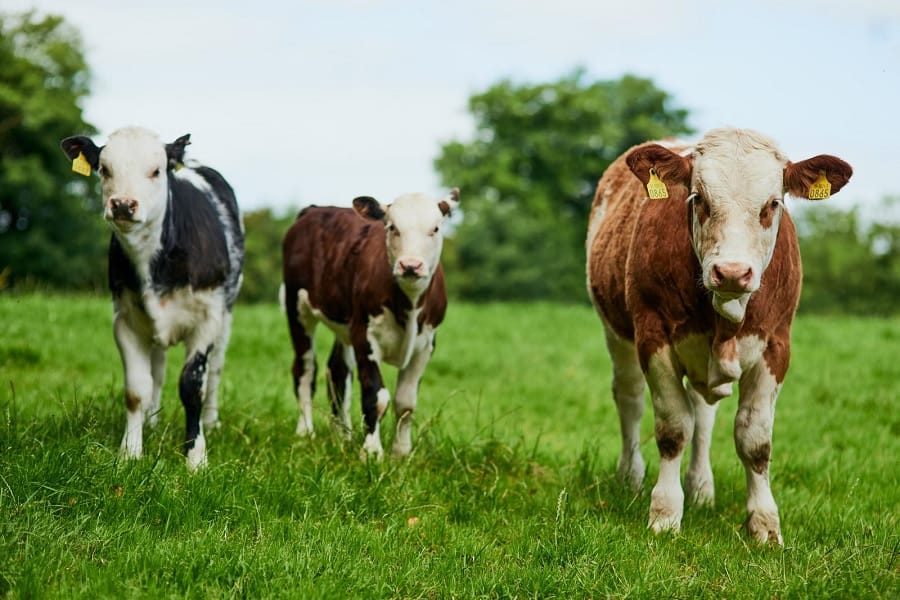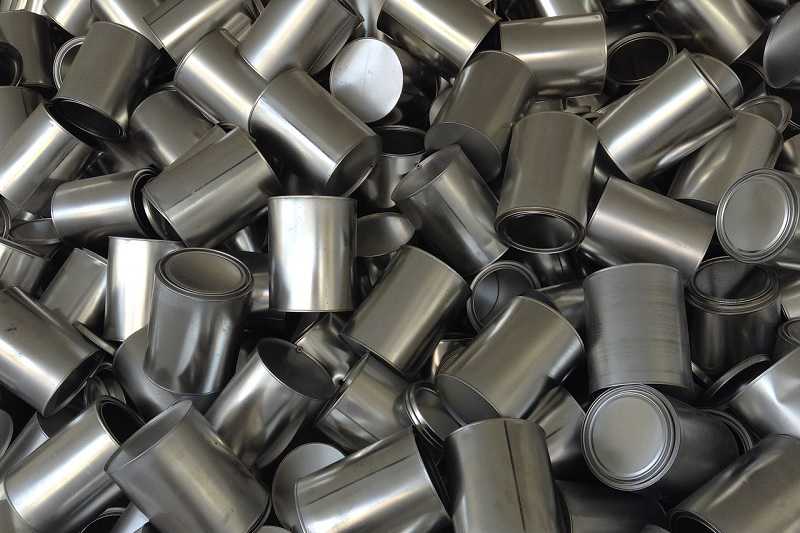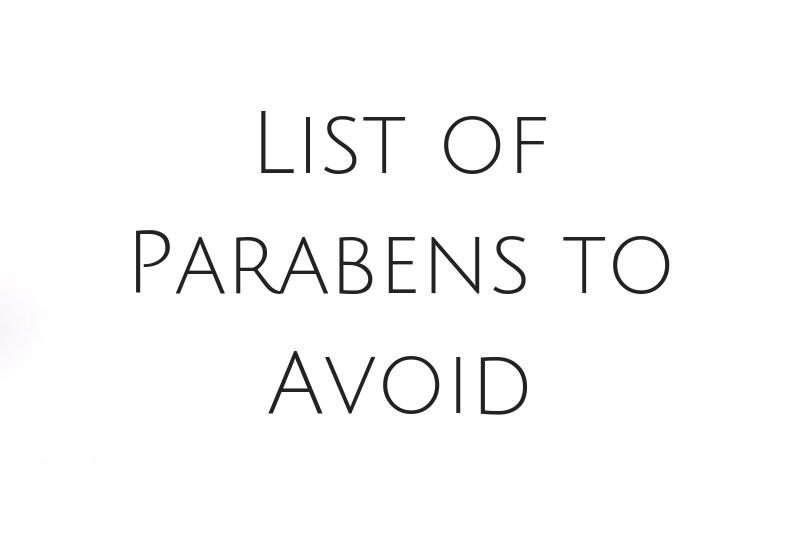Growth hormones are used in cattle in many parts of the world. Using hormones in meat production can make an animal more valuable by increasing the amount of lean muscle and reducing the amount of fats.
Hormone-treated animals also require less food to maintain the same muscle mass due to hormonal treatment, so they are cheaper to rear.
However, there are concerns that using growth hormones in meat production can be carcinogenic. The hormonal treatment of cattle also poses an ethical debate on animal welfare. These concerns make many people curious about whether or not the meat they’re eating contains hormones.
So, does UK meat contain hormones? What hormones are used in meat production? And what are the main concerns of eating hormone-treated meat? Let’s find out!
Does British Meat Contain Growth Hormones?
Anyone concerned over the potential health implications or animal welfare issues of hormone-treated meat can relax: meat in the UK does not contain added hormones.
The use of hormones in meat production was prohibited in the 1980s throughout Europe. The EU also panned imported meats that had high levels of growth hormones.
Despite leaving the European Union, the UK has retained the same stance on hormones in meat. According to the UK Government, the only time hormones can be used is when prescribed by a veterinarian: “You must not use substances containing hormones or thyroid hormone-reducing actions unless prescribed by your veterinary surgeon”.
In fact, monitoring hormone levels in meat have become stricter since the original 1980s ban and post-Brexit. The Veterinary Medicines Directorate assesses all hormonal residue on British meat and meat imported from other European countries. This includes looking for signs of growth hormone promoters in the live animal, blood and urine sample analysis, and analysis of slaughtered animals.
Why Is the Use of Hormones in Meat Production Banned in the UK?
There are two main reasons why the use of hormones in meat production has been banned in the United Kingdom and throughout Europe: (1) the effect of hormones on human health and (2) animal welfare. Let’s look at these two reasons in more detail.
1. The effect of hormones in meat on human health
The ban on hormones in meat was introduced as initial studies found these hormones damaging to consumer health at high levels.
A 1999 study reassessed the health implications of six growth hormones (7ß-oestradiol, progesterone, testosterone, zeranol, trenbolone, and melengestrol acetate) and found they have developmental, neurobiological, genotoxic, and carcinogenic effects when administered at high doses.
When the recommended hormonal doses are used, the levels in the meat are unlikely to reach those known to cause adverse effects on human health.
However, the benefits of treating animals with growth hormones meant misuse was common, so their use was prohibited outright.
2. Animal welfare impacts of hormone-treated meat
The Europe-wide ban on growth hormones in meat production was also based on the animal welfare impacts of hormone-treated meat.
Little is known about the actual effects of growth hormones on animal welfare in cattle, but it is suggested that using hormones could have the following impacts:
- Hormone-treated cattle could be adversely affected by hot weather conditions
- In hormonal implant injection site (below the ear) could become infected and swollen
- The additional hormones may combine with the animals’ natural hormones and lead to behavioural issues, such as increased aggression and nervousness
- Cattle treated with hormones are more likely to suffer from rectal prolapse or ventral oedema
More research is needed to understand the animal welfare implications of hormone-treating cattle and other animals.
As it stands, this lack of evidence is not an issue for UK shoppers, since there is no meat treated with hormones anywhere on British supermarket shelves.

Hannah is a freelance content writer passionate about natural health, mindfulness, and the environment. She shares her enthusiasm for a conscious lifestyle on Naturaler, inspiring others to take the steps towards a more natural and fulfilling life



